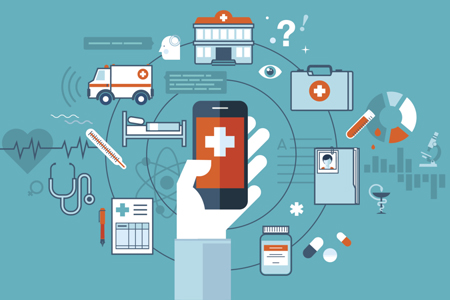AI Allows Patients To Better Control Their Own Healthcare
Increasingly, AI is becoming a pivotal part of healthcare. As healthcare threats increase in number and severity, AI can be employed to recognize unusual behaviors on a network, watch for fraud threats and predict malware infections based on previously identified characteristics, among other security measures.
The technology is also helping patients take better control of their own care, with tools that include chatbots for quick help with minor ailments, and wearable devices such as smart shirts that can record health data and produce predictive capacities. It also can be used to develop algorithms that help oncologists offer deep insights on biopsy reads.
Many of these applications remain segmented, however, which presents a barrier to fully comprehensive care. “Right now, artificial intelligence is mostly individual companies with one variable and one AI algorithm solving one problem,” Matthews says.
This is why I expect to see alliances develop between tech companies and healthcare organizations, as well as tools that perform double duty: “What I believe we will see in the next year or two is algorithms that interpret multiple data sources at the same time from different variables. Once you’ve got that, the sky is the limit.”

